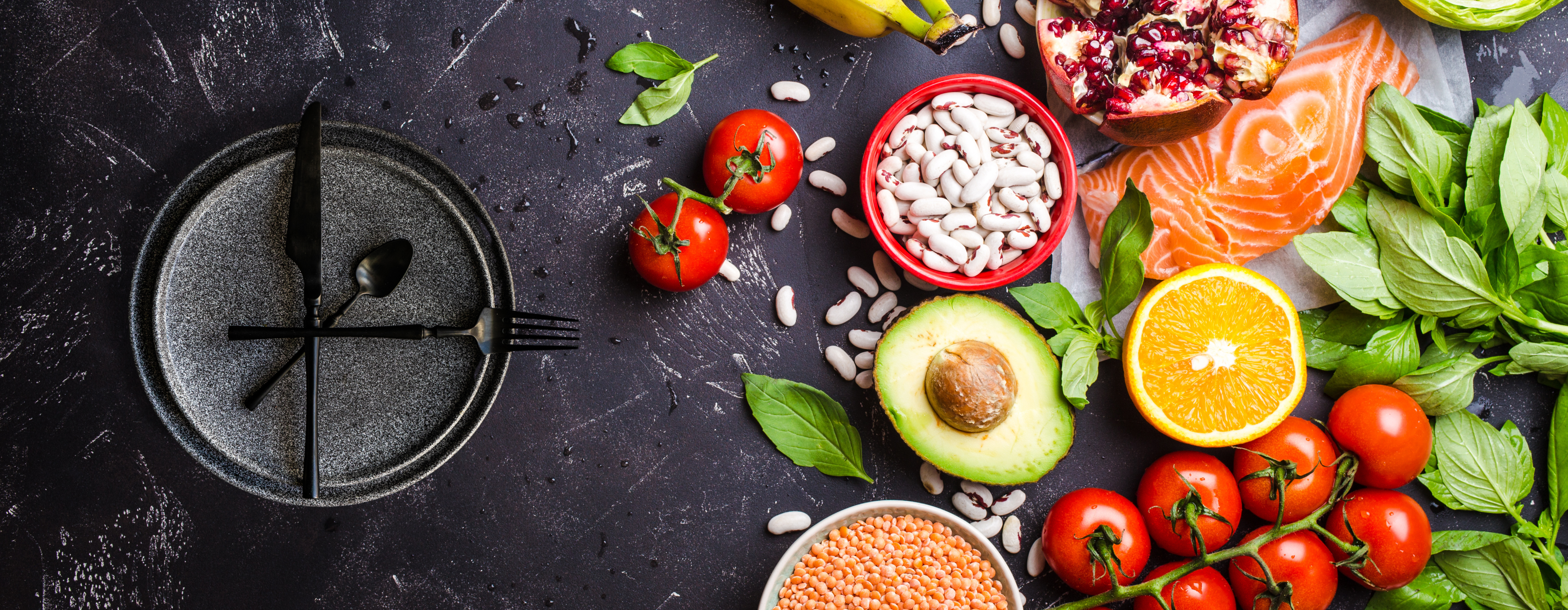Why I recommend combining the Mediterranean Diet and Intermittent Fasting
As a clinical nutritionist and pharmacist, I have worked with countless patients who struggle to lose weight and maintain a healthy lifestyle. Many have tried various diets and weight loss programs without success, leaving them frustrated and discouraged. However, I have found that combining the Mediterranean diet with intermittent fasting can be a highly effective and sustainable way to achieve weight loss goals while promoting overall health and wellbeing.
What is the Mediterranean Diet? What is Intermittent Fasting?
The Mediterranean diet, which is rich in whole grains, fruits, vegetables, lean protein, and healthy fats, has been shown to have numerous health benefits, including improved weight management, lower risk of heart disease, and better cognitive function. Meanwhile, intermittent fasting involves alternating periods of fasting with periods of normal eating, and has been linked to potential benefits for weight loss, insulin sensitivity, and other aspects of metabolic health.
How do You Combine the Two?
Combining the Mediterranean diet with intermittent fasting involves adopting a way of eating that emphasizes whole, unprocessed foods, healthy fats, and a structured approach to meal timing. Here are some guidelines for how to combine these approaches:

1. Start with the Mediterranean diet:
Begin by adopting:
- Eating plenty of fruits and vegetables
- Choosing whole grains instead of refined grains
- Consuming lean protein such as fish and plant protein
- Using healthy fats such as olive oil, avocado, and nuts
- Limiting red meat and processed foods
- Enjoying meals with family and friends and taking time to savor food

2. Add Intermittent Fasting:
Once you have established a foundation of healthy eating habits with the Mediterranean diet, consider adding intermittent fasting to your routine. There are several approaches to intermittent fasting, but a common method is the 16/8 method, which involves fasting for 16 hours and eating within an 8-hour window. For example, you might have your last meal at 7pm and then fast until 11am the next day, eating all your meals between 11am and 7pm.

3. Plan Your Meals:
It’s important to plan your meals carefully to ensure that you are meeting your nutritional needs and avoiding overeating during your eating window. Here is a sample day’s menu:
- 12pm: Brunch: Avocado toast with whole grain bread, scrambled eggs, and a side of berries
- 3pm: Snack: Hummus with carrots and celery
- 6pm: Dinner: Grilled salmon with quinoa and roasted vegetables (such as zucchini, bell peppers, and onions)
- 8pm: Dessert: Greek yogurt with honey, dried fruit, and sliced almonds

3. Stay Hydrated
During your fasting window, it’s important to stay hydrated with water, herbal tea, or other non-caloric beverages. Be sure to drink plenty of water throughout the day to support your overall health.
I have seen many patients who have struggled to lose weight for years achieve remarkable success with this approach. Not only have they lost weight, but they have also reported feeling more energized, focused, and satisfied with their meals. Furthermore, because the Mediterranean diet emphasizes whole, unprocessed foods and healthy fats, it can be easier for patients to sustain this way of eating over the long term, leading to continued weight loss and improved health even years later.
As always with dietary changes, this is very individualized. I work with clients to help them establish patterns that work best for them, provide accountability, and give them the tools needed to succeed for lifelong, healthy eating.
If you’d like to request an appointment or want a call discussing your options, please fill out the form below to get started on your journey towards health!
References:
Agnoli, C., Sieri, S., Ricceri, F. et al. Adherence to a Mediterranean diet and long-term changes in weight and waist circumference in the EPIC-Italy cohort. Nutr & Diabetes 8, 22 (2018). https://doi.org/10.1038/s41387-018-0023-3
O’Connor, L.E., Hu, E.A., Steffen, L.M. et al. Adherence to a Mediterranean-style eating pattern and risk of diabetes in a U.S. prospective cohort study. Nutr. Diabetes 10, 8 (2020). https://doi.org/10.1038/s41387-020-0113-x
Welton S, Minty R, O’Driscoll T, Willms H, Poirier D, Madden S, Kelly L. Intermittent fasting and weight loss: Systematic review. Can Fam Physician. 2020 Feb;66(2):117-125. PMID: 32060194; PMCID: PMC7021351.
O’Keefe JH, Torres-Acosta N, O’Keefe EL, Saeed IM, Lavie CJ, Smith SE, Ros E. A Pesco-Mediterranean Diet With Intermittent Fasting: JACC Review Topic of the Week. J Am Coll Cardiol. 2020 Sep 22;76(12):1484-1493. doi: 10.1016/j.jacc.2020.07.049. PMID: 32943166.


